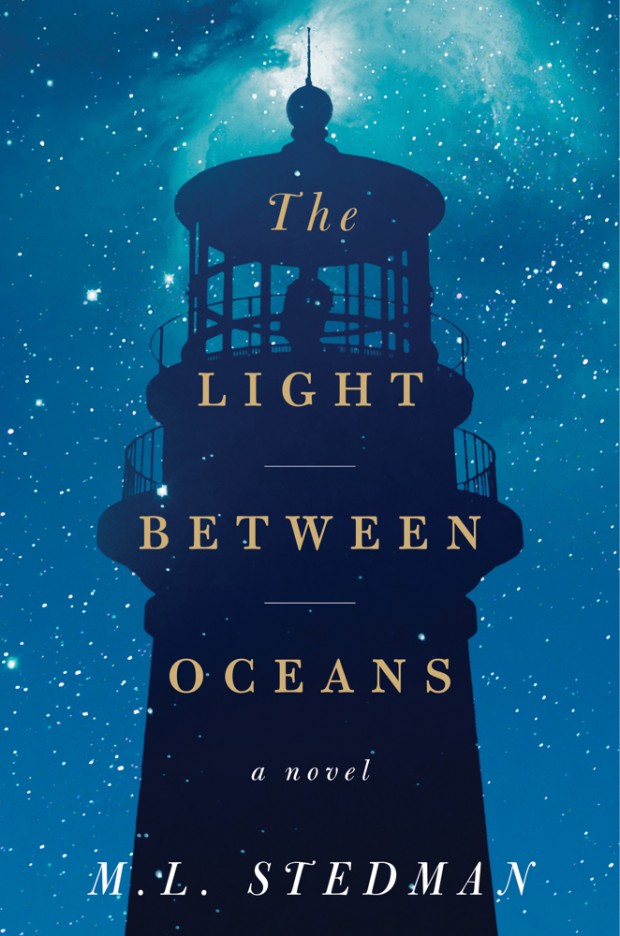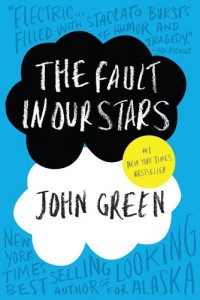The Light Between Oceans, by M. L. Stedman
Amazon Description:
After four harrowing years on the Western Front, Tom Sherbourne returns to Australia and takes a job as the lighthouse keeper on Janus Rock, nearly half a day’s journey from the coast. To this isolated island, where the supply boat comes once a season and shore leaves are granted every other year at best, Tom brings a young, bold, and loving wife, Isabel. Years later, after two miscarriages and one stillbirth, the grieving Isabel hears a baby’s cries on the wind. A boat has washed up onshore carrying a dead man and a living baby.
Tom, whose records as a lighthouse keeper are meticulous and whose moral principles have withstood a horrific war, wants to report the man and infant immediately. But Isabel has taken the tiny baby to her breast. Against Tom’s judgment, they claim her as their own and name her Lucy. When she is two, Tom and Isabel return to the mainland and are reminded that there are other people in the world. Their choice has devastated one of them.
M. L. Stedman’s mesmerizing, beautifully written novel seduces us into accommodating Isabel’s decision to keep this “gift from God.” And we are swept into a story about extraordinarily compelling characters seeking to find their North Star in a world where there is no right answer, where justice for one person is another’s tragic loss.
The Light Between Oceans is exquisite and unforgettable, a deeply moving novel.
Thoughts:
What to say about this novel? It is certainly moving. And impressive. Ambitious, even. And difficult to get through. Had it not been for my book club I would not have been able to get through it. It is a harrowing and difficult read without a lot of characters to root for.
I feel that ultimately in the end the book is about the choices you make and what they speak about your maturity and understanding of self, and right and wrong. My book club and I had a wonderful discussion over it, and I highly recommend it for that purpose, but I probably wouldn’t read it again. The devastation that is in this book made me so incredibly sad, and I just can’t handle Isabel’s characterization and her ultimately flawed but sympathetic nature. It is difficult not to feel sympathy for many of the characters in this novel, but it is not so simple as that–everyone makes grievous mistakes, and it is just so upsetting to read.
I mean, yes, I did spend a lot of time being angry, hating Isabel and the wrong things she was doing… but then one does stop and think… what if I had had the hope of pregnancy and childbirth with my husband, the love of my life? What if I had miscarried that hope three times? Could I have resisted this beautiful child who seemed to appear from nowhere? I’d like to think I could have, but her life was so full of sad things, and people she’s lost already…. that I cannot help but feel a little bad for her even as I judged her and hated her character for what she did.
The world building was quite delicate and thoughtful, and the prose articulate and compelling. I particularly loved the long, winding descriptions of Janus, the island that the couple resides on. It really seemed like another world. The characters are flawed, three dimensional, and utterly believable. It is a beautiful book but perhaps I am not mature enough to read something so sad. I do highly recommend it, but it is a heavy book that leaves one very melancholy.
Overall Rating:


